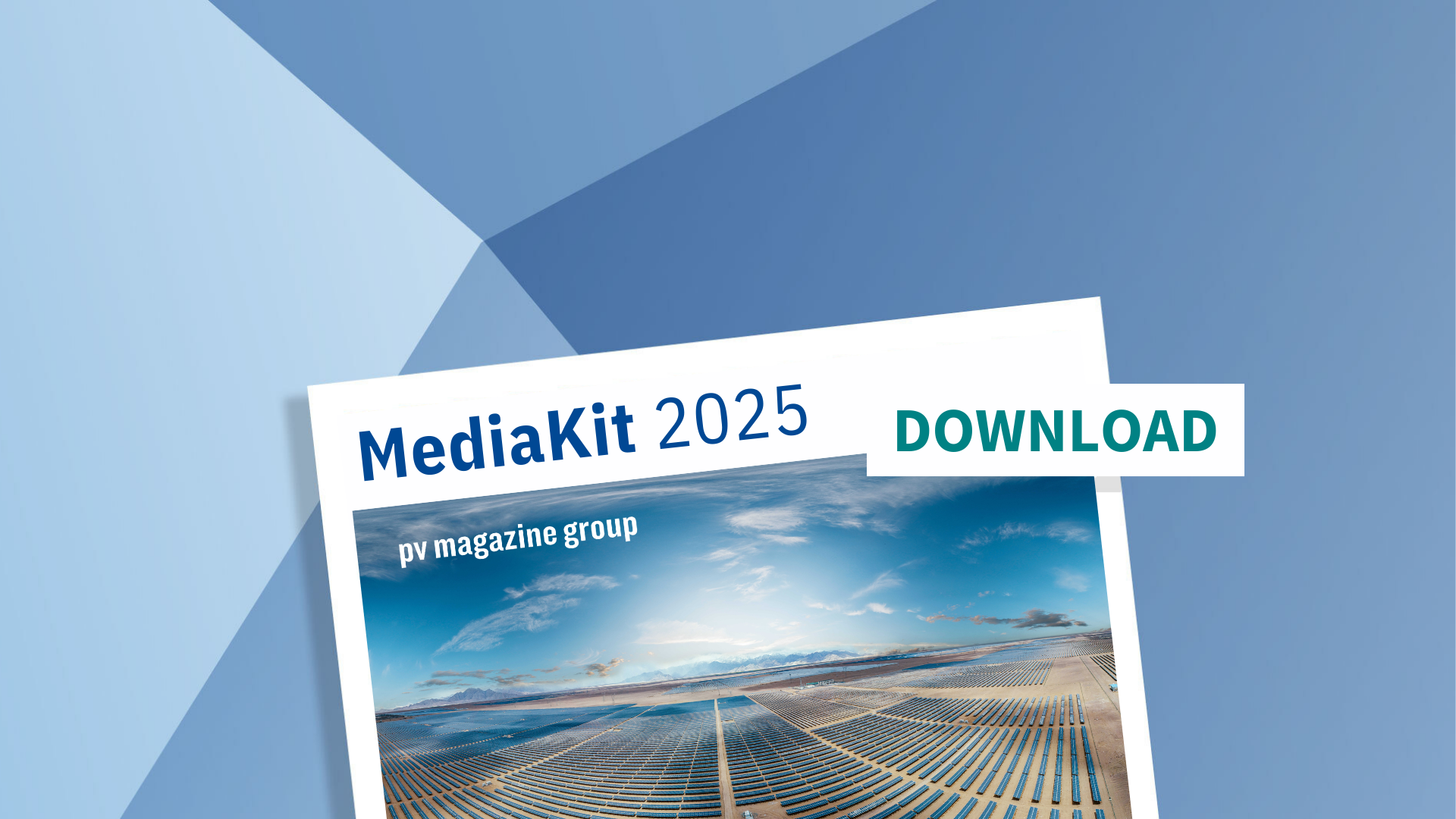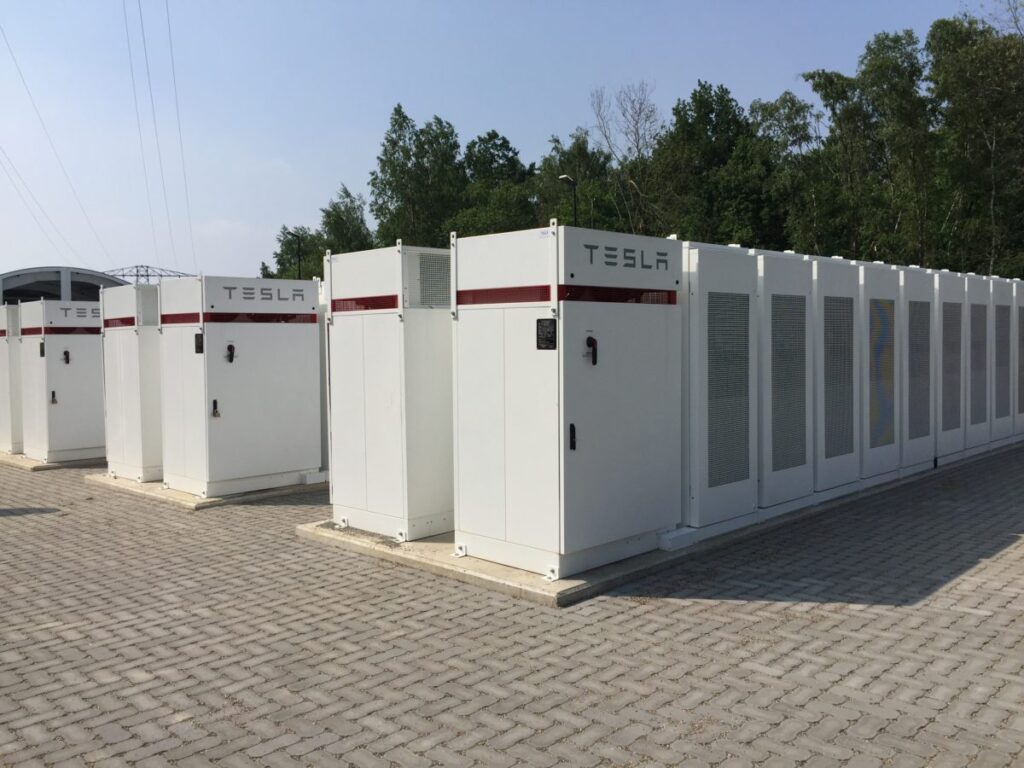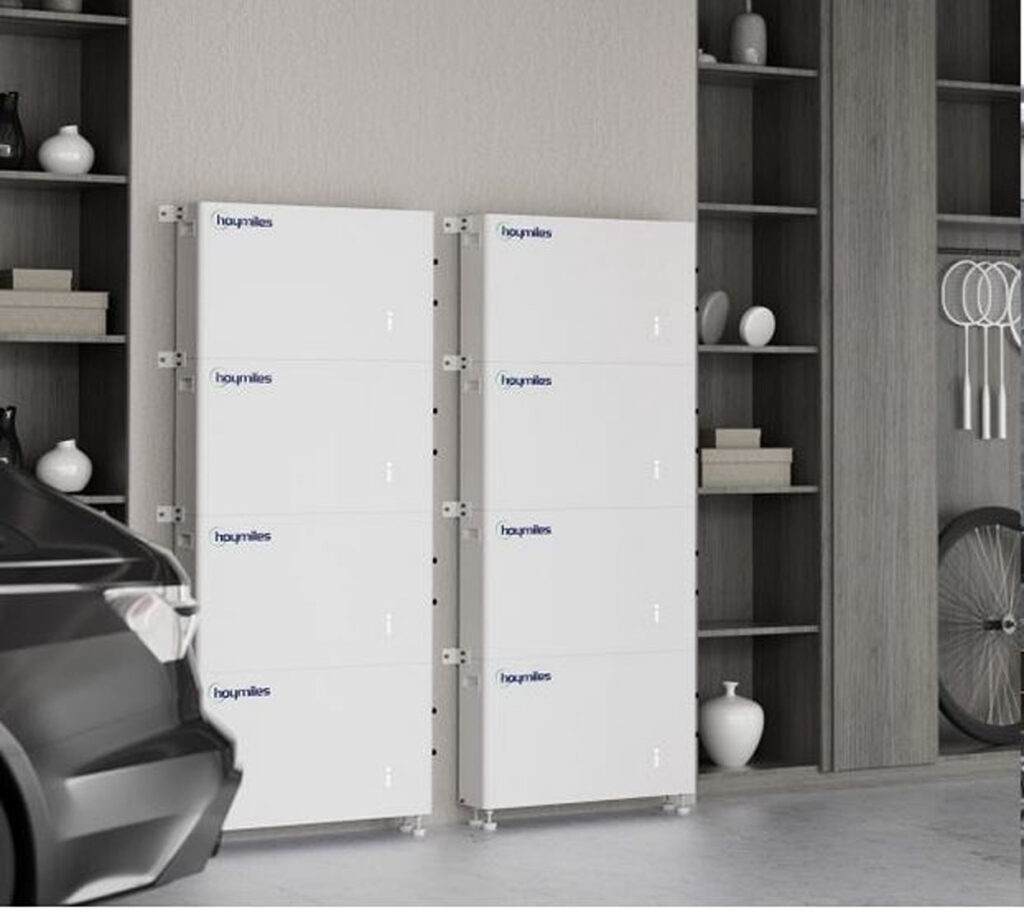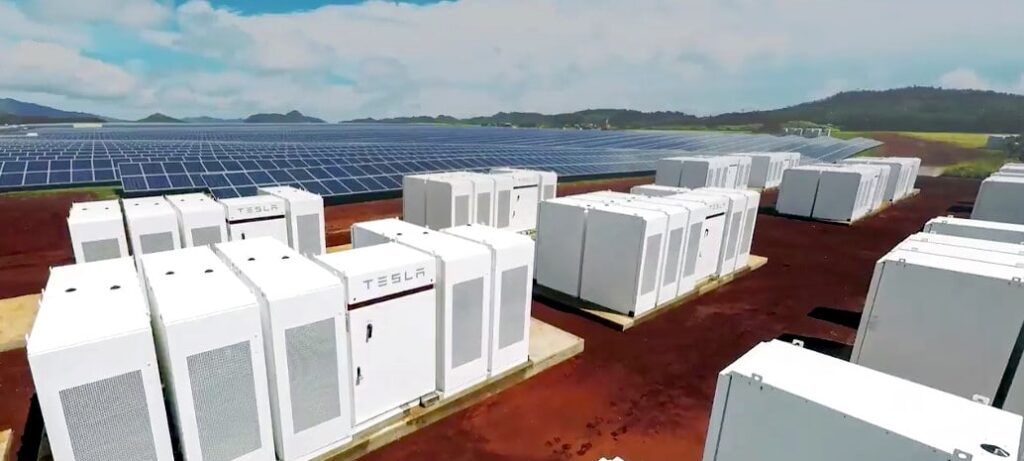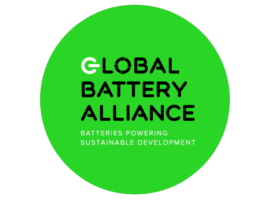Octopus acquires UK solar, battery storage developer Exagen

UK electricity supplier Octopus Energy Generation has fully acquired utility-scale solar and storage developer Exagen Group in a bid to advance its renewable energy pipeline on the home turf.
Exagen said on Tuesday it has a development pipeline of more than 2.4 GW across England. As one of the major renewable energy investors in Europe, it manages more than 230 large-scale green energy projects with a combined capacity of 3.25 GW.
The 100% buyout of Exagen Group from founder Jeremy Littman follows Octopus’s initial investment in August 2022 for a 24% stake in the business.
As Exagen’s project pipeline progresses toward construction, the new ownership will support its long-term growth, the developer said in a statement. “The initial investment from Octopus provided the foundation for Exagen’s success. With this buyout, Octopus is now positioned to further advance our mission of meeting the UK’s renewable energy targets by 2035,” said Littman.
In the past year, Exagen has secured planning consent for 520 MW of standalone battery storage projects at sites in Leicestershire and Gloucestershire. Additionally, the company has 260 MW of solar and 268 MW of battery storage either in planning or poised to enter planning in the coming year.
Octopus Energy Generation currently manages nearly GBP 7 billion ($9.4 billion) of renewable energy projects across the globe. It says the Exagen acquisition will help it contribute to Britain’s energy transition goal of sourcing 95% of its electricity from low-carbon sources by 2030.
Exagen prides itself on integrating solar and energy storage infrastructure with natural habitats to enhance biodiversity, improve soil health, and provide community amenities by the end of each project’s lifecycle.
Earlier this year, the developer submited a planning application for Greenhead Energy Park, colocating a 49 MW solar plant with a 26 MW battery storage facility, which is expected to deliver a habitat biodiversity net gain of over 100%, significantly exceeding the 10% minimum requirement.



